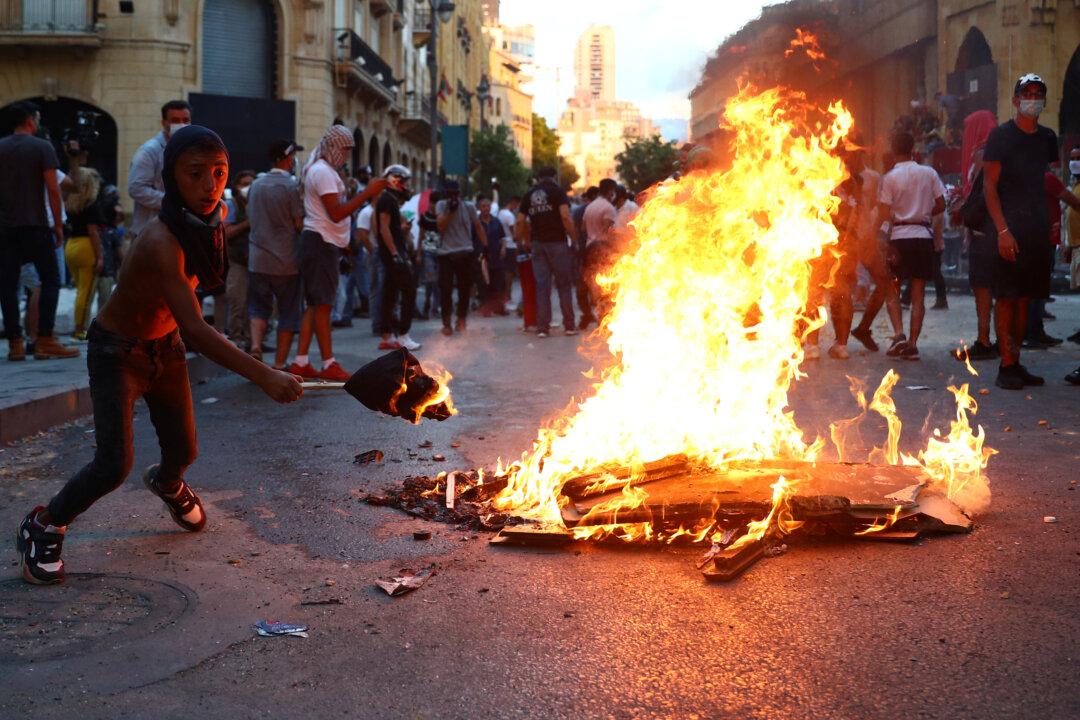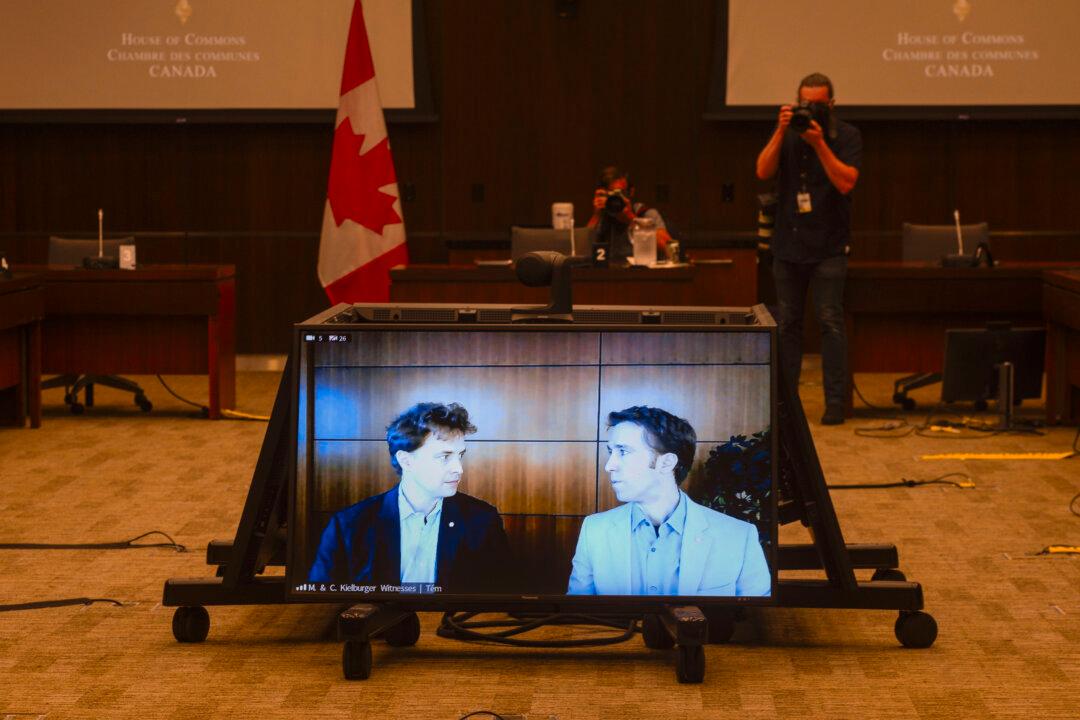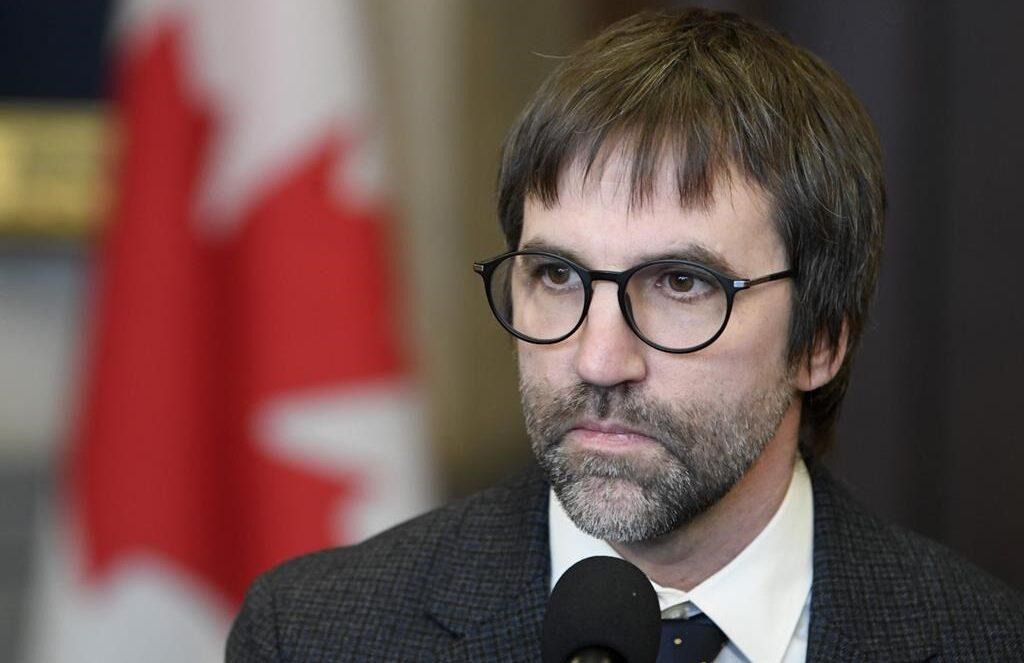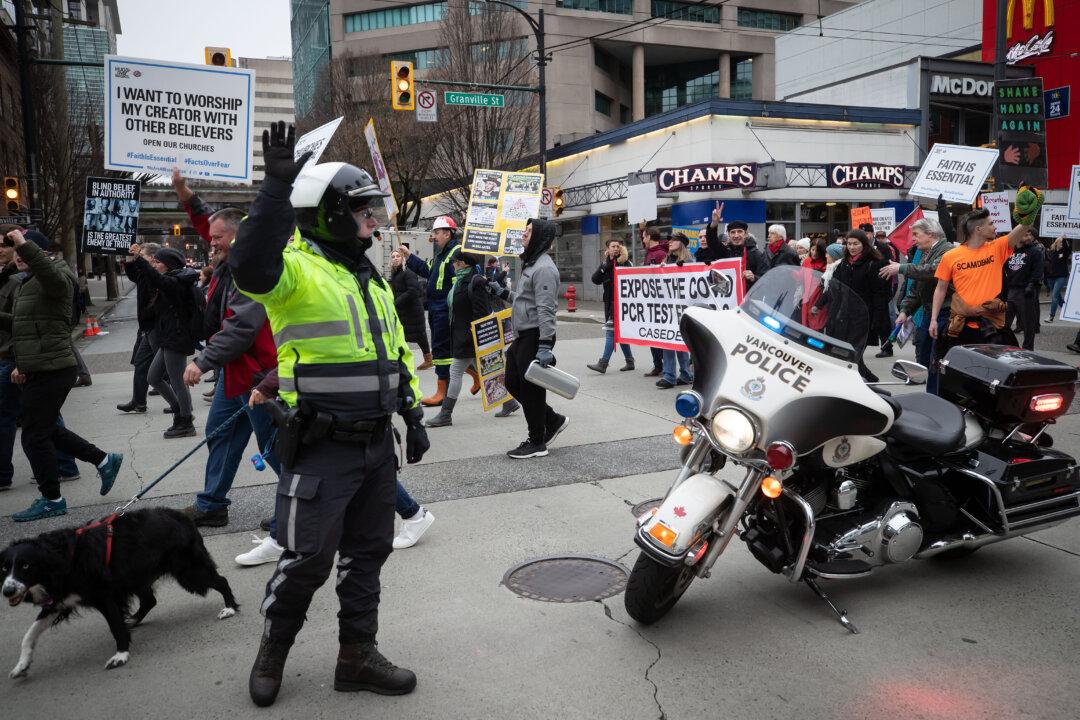The Canadian government is promising an additional $25 million in aid to help the people of Lebanon struggling to recover from last week’s devastating explosion in Beirut.
Canada’s total contribution to the international aid effort now stands at $30 million—up from the $5 million promised last week after the Liberal government was criticized by some for not doing enough.





